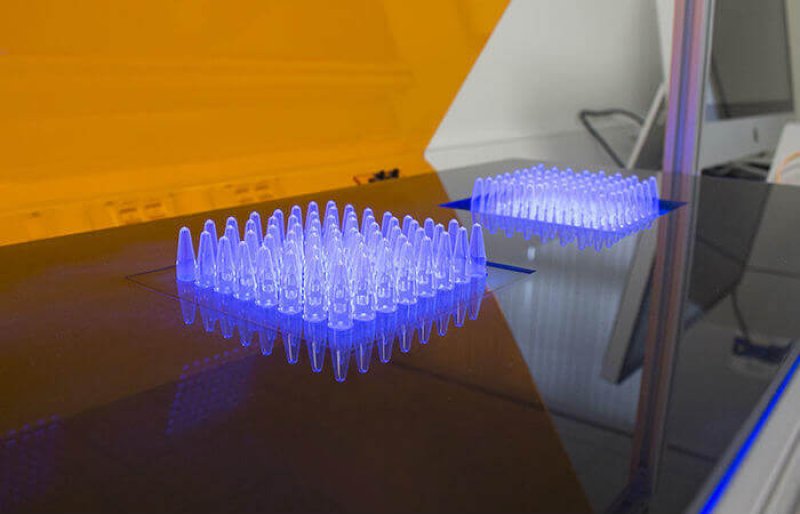Within a few years synthetic biology has evolved from being a new player in the molecular biology and biotech arena, to being a front row contender with multiple industrial advances and large amounts of investor money.
…
A noticeable change in the last few years has been a move away from a strict focus on health and medical applications of the technology. “Even in the few years I have been working I have seen a change from purely healthcare focused applications of synthetic biology to solving problems in industry and consumer products,” explained Thomas Meany, co-founder and CEO of London-based synthetic biology start-up Cell Free Tech.
…
While the US is still very much the leader in the field, with the most companies (approximately 300 were founded in 2017 alone) and investment to date, Europe is slowly but surely catching up. The UK is ahead of the pack in Europe, accounting for 81 of about 500 new global synbio startups founded in 2017, versus 20 founded in France, 12 in Switzerland and 11 in Germany in the same year.
…
Although Europe is definitely moving in the right direction, it seems that it has a long way to go to catch up with the US in terms of academic research, numbers of companies and overall investment in the sector.
Read full, original post: Has European Synthetic Biology Come of Age?































